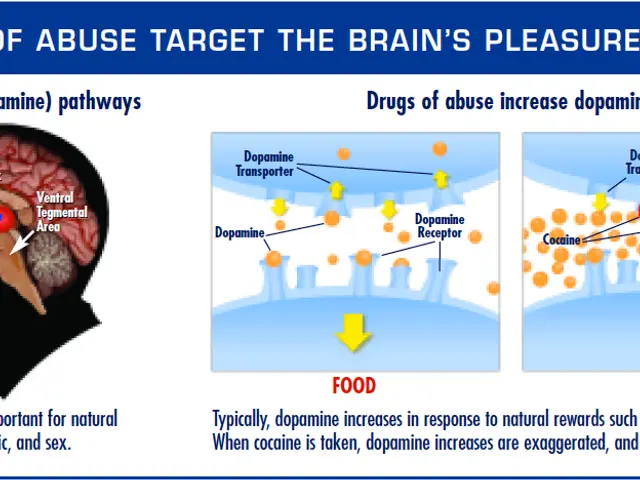A diet rich in nutrients could potentially lower the chances of developing Dementia.
In a groundbreaking study led by The Memory and Aging Project at Rush University Medical Center, it has been found that consuming just one serving of leafy green vegetables daily can have a significant impact on cognitive decline and brain health. The study, which tracked 960 adults (average age 81) over five years, found that those who ate the most leafy greens - approximately one serving daily - showed dramatically slower rates of mental decline compared to those who rarely consumed these vegetables.
The benefits of leafy greens are attributed to their rich content of brain-healthy nutrients such as vitamin K, lutein, folate, and beta-carotene. Darker greens like kale, spinach, and collards provide the most potent effects. Texture modifications like blending greens into soups, sauces, or pestos, or adding them to breakfast scrambles or fruit smoothies can make them more palatable in whole form.
The study found that consuming one cup of leafy green vegetables daily could slow cognitive decline by the equivalent of 11 years. Adherence to the MIND diet, even moderately, can reduce dementia risk by 35%, and strict adherence can push that number to 53%.
The MIND diet emphasizes daily consumption of leafy green vegetables, other vegetables, nuts, berries, beans, whole grains, fish, poultry, olive oil, while limiting red meat, butter and margarine, cheese, pastries and sweets, fried food, and fast food.
Broader dietary patterns that incorporate leafy greens alongside other specific foods also demonstrate neuroprotective properties and reduce dementia risk. The Mediterranean Diet and DASH Diet, which emphasize fruits, vegetables, whole grains, legumes, nuts, and fish, have been found to be beneficial in maintaining cognitive function and potentially delaying the onset of dementia.
The study identified particular compounds in these vegetables that correlate directly with preserved cognitive function, such as vitamin K, which plays a crucial role in forming specialized fats called sphingolipids. Preparation shortcuts like washing greens immediately after purchase and storing them with paper towels to absorb moisture can help maintain freshness.
In conclusion, consuming leafy green vegetables is a key, concrete dietary intervention with measurable cognitive benefits. Their inclusion as part of broader brain-healthy dietary patterns like the MIND diet effectively reduces cognitive decline and dementia risk, supported by substantial scientific evidence. Small, consistent changes to diet, such as adding one daily serving of leafy greens, can contribute to cognitive benefits.
- Leafy green vegetables, such as kale and spinach, are rich in nutrients like vitamin K, lutein, folate, and beta-carotene that are beneficial for mental health.
- The MIND diet, which includes daily consumption of leafy greens, has been found to reduce the risk of dementia by 35%, with strict adherence potentially reducing it by 53%.
- Broader dietary patterns that incorporate leafy greens, such as the Mediterranean Diet and DASH Diet, have neuroprotective properties and can delay the onset of dementia.
- To maintain the freshness of leafy greens, it's recommended to wash them immediately after purchase and store them with paper towels to absorb moisture.







